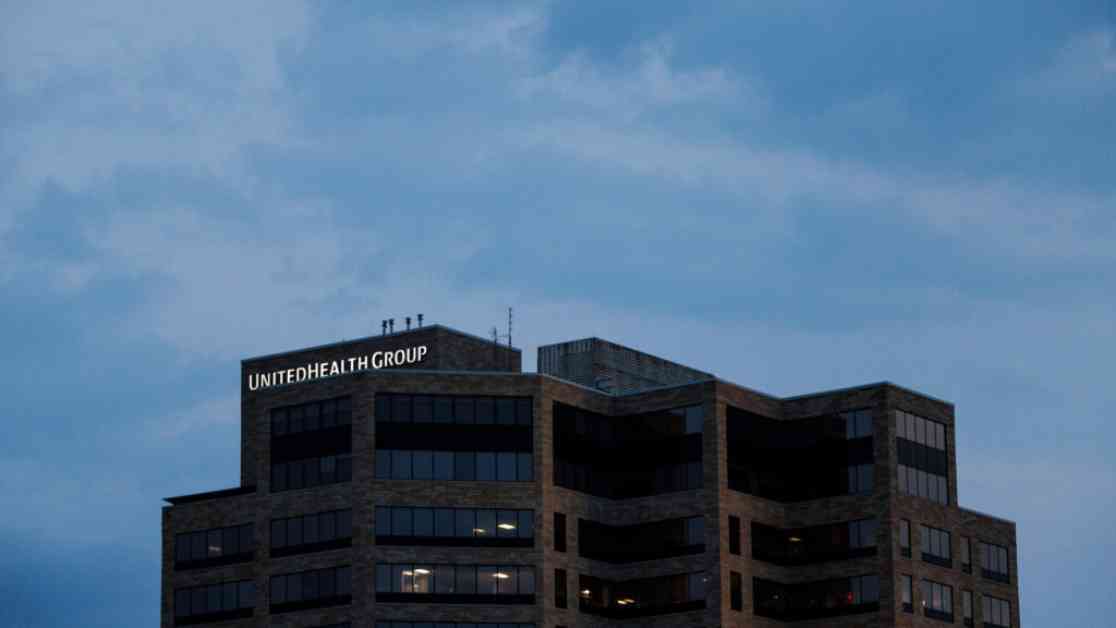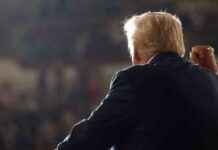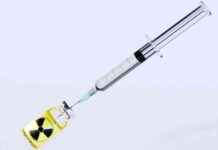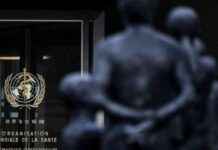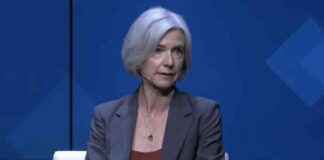DOJ Investigates Former UnitedHealth Group Doctors: Interviews Requested
The Justice Department is delving into the practices of former UnitedHealth Group physicians, seeking insights into their experiences while working at practices under the health care giant’s umbrella. According to sources familiar with the inquiries, this investigation signifies a significant development in the ongoing scrutiny of UnitedHealth’s operations.
Allegations of Pressure and Code Application
UnitedHealth Group has come under fire as clinicians have come forward, revealing that they felt pressured to assign lucrative diagnosis codes to patients. This practice, aimed at maximizing profits, has raised ethical concerns among healthcare professionals, prompting further investigation into the company’s billing practices.
Implications for Patient Care and Financial Gain
The implications of these alleged actions extend beyond mere financial gain for the health care conglomerate. By potentially prioritizing profits over accurate patient diagnoses, UnitedHealth Group may have compromised the quality of care provided to individuals seeking medical treatment. This intersection of financial incentives and patient well-being underscores the delicate balance within the healthcare industry.
Expert Opinions and Future Steps
As the DOJ continues its interviews with former UnitedHealth Group doctors, experts in the field are closely monitoring the situation. The outcome of this investigation could have far-reaching implications for the healthcare sector as a whole, shedding light on the intersection of medical ethics, corporate interests, and patient care.
In the midst of these revelations, it is essential for healthcare providers and policymakers to prioritize transparency, accountability, and patient welfare above all else. The delicate balance between financial incentives and ethical practices must be carefully navigated to ensure that the fundamental tenets of healthcare remain intact. As the investigation unfolds, the healthcare industry braces itself for potential shifts in regulatory oversight and ethical standards.
